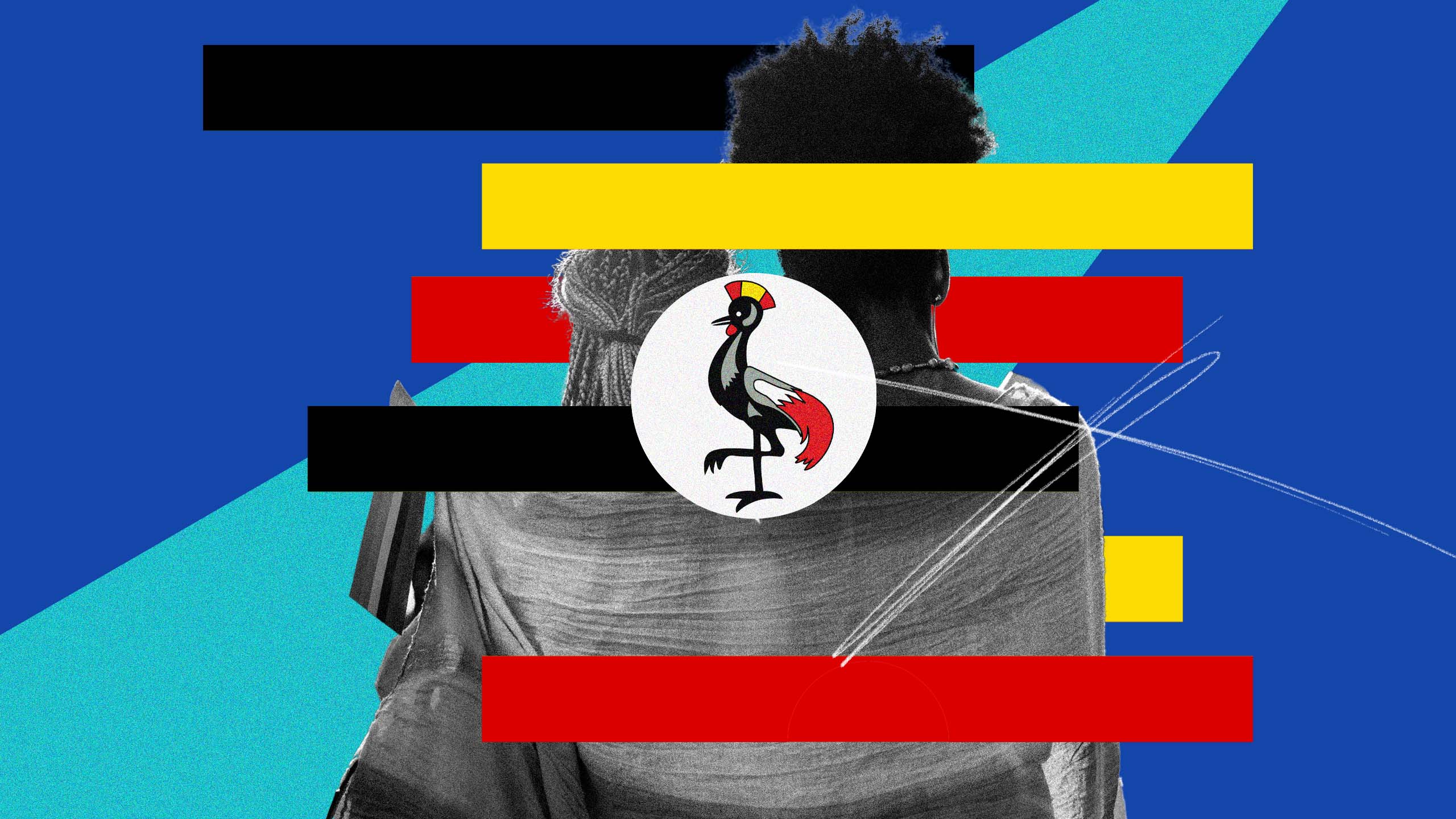Uganda’s largest LGBTQ+ advocacy group has been suspended by its national government, forcing the organization to halt all operations.
The decision to effectively shut down Sexual Minorities Uganda (SMUG) was made public on August 5 following a statement from the group’s executive director, Frank Mugisha. In a statement cited by U.K. newspaper The Guardian, Mugisha accused the Uganda government of undertaking a “clear witch hunt rooted in systematic homophobia that is fuelled by anti-gay and anti-gender movements.”
“The refusal to legalize SMUG’s operations … was a clear indicator that the government of Uganda and its agencies are adamant and treat Ugandan gender and sexual minorities as second-class citizens,” the statement read.
Uganda’s National Bureau for Non-Governmental Organizations (NGOs) claimed that it suspended the group because SMUG failed to register its name properly with the government. Although the group had attempted to complete the application process last year, its application was rejected because its full name was “undesirable,” as the NGO Bureau acknowledged in a statement to the BBC.
While the NGO Bureau did not clarify what made SMUG’s name unacceptable, it reportedly denied the applications of multiple civil society groups, including some pro-democracy organizations, on similar grounds. These groups were also suspended.
Kimahli Powell, executive director of Toronto-based LGBTQ2S+ advocacy group Rainbow Railroad, told Xtra that the suspension of the group “is an indication of the shrinking presence of civil society space available to LGBTQI+ advocates in Uganda.” Rainbow Railroad has partnered with SMUG and works to resettle queer and trans refugees across the globe.
“We know that without civil society organizations to advocate for human rights for LGBTQI+ persons, this could lead to the state targeting the community, and relevant to our work, lead to further displacement and exacerbate the refugee crisis,” Powell said.
Queer and trans people in Uganda face intense legal and social discrimination. Under the Sexual Offences Bill, 2019, sex between people of the same gender is punishable by a sentence of up to life in prison. (Government leaders initially sought the death penalty for same-sex intimacy, but the plan was dropped.) According to police data, nearly 200 people were arrested after being accused of homosexuality between the years of 2017 and 2020, with 25 eventually being convicted.
While there are no laws in Uganda criminalizing trans people specifically, they are often charged with other offences as a pretext to target them. Per the BBC, these charges include “personation,” a term referring to presenting themselves falsely.
Although recent surveys show that the views of young Africans are rapidly changing on LGBTQ+ rights, much work is left to be done in Uganda. Uganda’s president, Yoweri Museveni, has referred to homosexuality as “unnatural, “disgusting” and “terrible.” In a 2018 poll from Afrobarometer, over 95 percent of Ugandans said that they would not want to have a gay person as a neighbour.
Against this backdrop, SMUG has been among the most prominent advocates for LGBTQ+ rights in Uganda, promoting affirming healthcare access and providing safe spaces for queer and trans people.
The group has also vocally opposed anti-LGBTQ+ rhetoric in Uganda, despite the possible risks. Last year, the group condemned attempts by Museveni to promote fear and hatred of the LGBTQ+ community in order to drum up support for his reelection campaign. At the time, Mugisha told Reuters that homophobic politicians were “using the LGBTQ+ community as a scapegoat to gain support and win votes,” which ultimately worked. Museveni won a sixth term in office in January 2021.
SMUG has faced relentless persecution for fighting on behalf of the LGBTQ+ community. In 2010, a newspaper leaked the names, photos and addresses of 100 gay men, including four SMUG members, under the headline “Hang Them.” The group said several of its members had been attacked because of the article; one member whose face appeared on the cover was murdered three months after its publication.


 Why you can trust Xtra
Why you can trust Xtra


